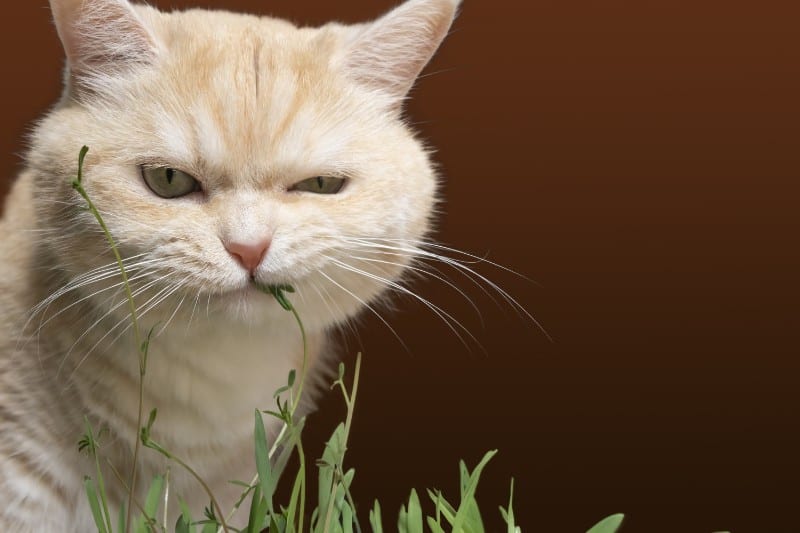How Pest Control Can Pester Your Pet: Spring Pest Control

Spring has almost sprung – and this is one time when many pet owners lavish lots of TLC on their gardens and lawns. Rodenticides, herbicides and mulch are on our minds, as are the pests that buzz and crawl about. But are the pesticides that exterminators and landscapers use really safe for our pets?
Schertz Animal Hospital takes a look at the precautions you should take to keep pest control from pestering your pet.
Spring Pest Control
Herbicides – these products are used to kill pesky weeds and grass in places it’s not supposed to grow, like driveway cracks. Herbicides can be used safely around pets, but the correct dilution of liquid products is important. Make sure granular products have been watered in and the lawn is dry before letting your pets on it. Drooling and vomiting are the most common signs of herbicide ingestion in pets. Please call us if your see these signs.
Insecticides – always read and follow directions on the packaging when using these products. If an exterminator has applied products in or around your home, ask about instructions for your pets, such as leaving them in for a specific amount of time or waiting until products have visibly dried. Common signs that your pet has gotten into insecticides include vomiting, diarrhea, and muscle tremors.
Snail and slug bait – one type of commonly used snail and slug bait contains a chemical called metaldehyde, which is extremely toxic to pets. This chemical (which many dogs find tasty) causes vomiting, diarrhea, seizures and death. If your pet eats this, please bring them to the emergency room immediately. The other form of snail bait contains iron and can cause vomiting and diarrhea.
Rodenticides – many mouse and rat poisons have ingredients that can cause severe illness and even death in dogs and cats. What’s more, pets can get sick not only from ingesting the rodenticide, but also the animal that eats it. So if your cats hunt, beware of using rodenticides.
The signs of rodenticide poisoning in pets vary depending upon the type eaten and the length of time since the poison was ingested. Early signs include lethargy, pale gums, trouble breathing, and bloody diarrhea. If your pet has eaten these products, it’s absolutely an emergency. Bring them in right away, along with the packaging from the product they ate. Their treatment will depend upon the chemicals ingested, so it’s important to know exactly what they ate.
The safest option for pets is to not use rodenticides at all.
Parting Tips
For spring pest control, keep these basic tips in mind:
- Let exterminators and landscapers know that you have pets, and ask that they use pet safe products. Ask for any precautions you should take to keep your pets safe.
- Get a schedule so that you can keep pets inside when they arrive and keep pets in until the area is deemed safe again.
- Obtain a receipt for the products they used, in case your pet falls ill.
- If you are a DIY gardener, follow all instructions for pest control exactly.
- Always store bags and bottles safely away from pets’ reach.
- Change the water in any bird baths or outdoor water bowls after products have been applied.
By paying attention and planning ahead, you can keep pest control this spring from pestering your pet. If you have any questions about your pet’s health, please give us a call. As always, we are here to help!
Share This Article
About
Schertz Animal Hospital
Since 1976, Schertz Animal Hospital has offered the greater San Antonio area outstanding pet care. Our state-of-the-art animal hospital in Schertz, TX compliments our stress-free handling and experienced veterinary staff. Make an appointment online or give us a call at (210) 659-0345 today!
